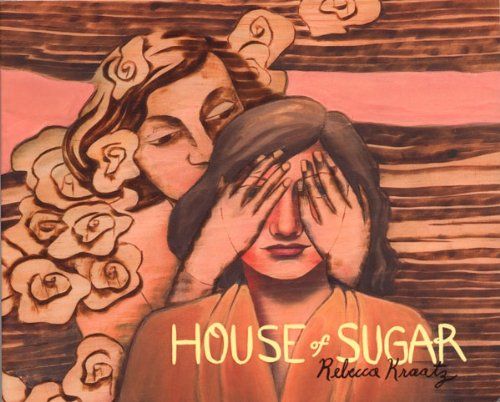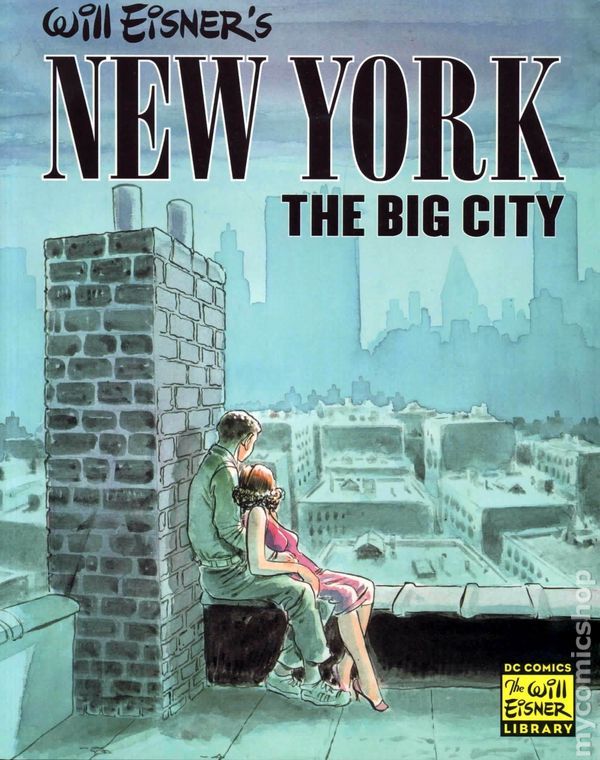
From the Archives: Daytripper #1
But for all of its similarities, Daytripper #1 lacks the excitement and joy of life found in Bá and Moon's short stories and ends up dragging through the first issue, which is more of a prologue or framing sequence to the larger story that the twins will be telling over the next nine issues.




